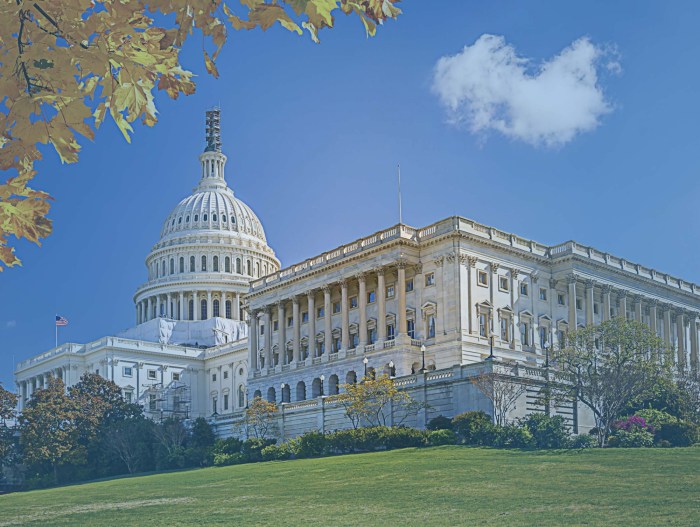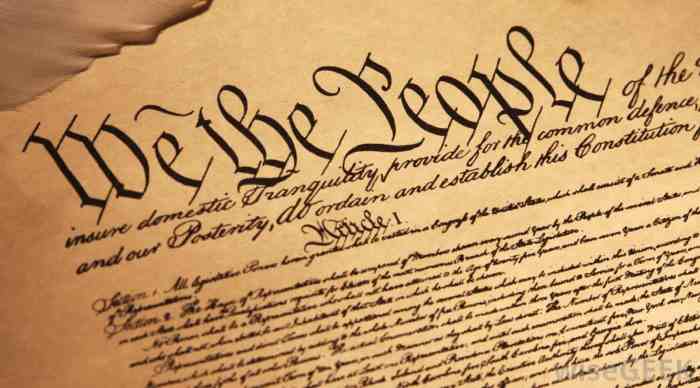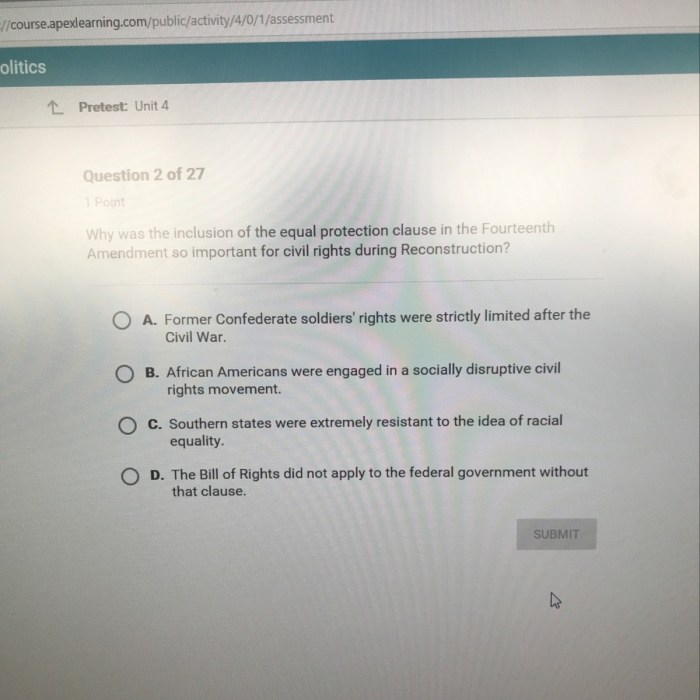We the people 13th edition ginsberg – We the People: The 13th Edition of Ginsberg’s Constitutional Law Textbook, an authoritative guide to the fundamental principles of American jurisprudence, embarks on an illuminating journey through the historical significance and contemporary applications of this pivotal phrase.
This comprehensive volume delves into the evolution of “We the People” as the bedrock of governmental authority, exploring its legal and political implications throughout US history.
Introduction

The phrase “We the People” holds profound historical significance in the United States Constitution, serving as the preamble and foundation of the document that established the nation’s government. It embodies the idea that the authority of the government is derived from the consent of the governed, a principle that has shaped American jurisprudence for centuries.
The 13th edition of Ginsberg’s Constitutional Law textbook provides a comprehensive analysis of the Constitution, with a particular focus on the evolution and interpretation of “We the People.” This edition includes up-to-date case studies, legal commentary, and insights into the contemporary applications of this fundamental principle.
Key Concepts

The phrase “We the People” has undergone significant evolution in its meaning and application throughout American history. Initially understood as a collective reference to the white, male property owners who ratified the Constitution, it has since been expanded to encompass all citizens, regardless of race, gender, or socioeconomic status.
Legally, “We the People” serves as the source of governmental authority, establishing the principle of popular sovereignty. It implies that the government is not an independent entity but rather a creation of the people, with its powers and limitations defined by the Constitution.
Over time, different interpretations of “We the People” have emerged. Some view it as a broad mandate for government to promote the general welfare, while others see it as a limitation on government power, restricting it to those actions specifically authorized by the Constitution.
Case Studies

The Supreme Court has played a pivotal role in shaping the meaning of “We the People” through its rulings on landmark cases.
- In Marbury v. Madison(1803), the Court established the principle of judicial review, asserting the judiciary’s authority to determine the constitutionality of laws.
- In Dred Scott v. Sandford(1857), the Court ruled that African Americans were not citizens and could not sue in federal court, a decision that was later overturned by the 14th Amendment.
- In Brown v. Board of Education(1954), the Court declared racial segregation in public schools unconstitutional, citing the principle of equal protection under the law.
These cases demonstrate the Court’s ongoing role in interpreting “We the People” and its implications for the rights and responsibilities of citizens.
Contemporary Applications: We The People 13th Edition Ginsberg
The phrase “We the People” continues to be relevant in modern constitutional debates, providing a framework for evaluating the legitimacy and scope of government actions.
- Arguments for expanding government programs to address social and economic issues often invoke the principle of “We the People” as a mandate to promote the general welfare.
- On the other hand, opponents of government overreach argue that “We the People” limits the government to its enumerated powers and that any expansion beyond those powers is unconstitutional.
- In the 21st century, the interpretation of “We the People” has also been shaped by technological advancements and globalization, raising new questions about the relationship between citizens and their government in an increasingly interconnected world.
Quick FAQs
What is the historical context of “We the People”?
The phrase “We the People” emerged during the drafting of the US Constitution in 1787, reflecting the idea of popular sovereignty and the consent of the governed.
How has the Supreme Court interpreted “We the People”?
The Supreme Court has played a pivotal role in shaping the meaning of “We the People,” using it to justify both expansive and limited views of government power.
What is the significance of “We the People” in contemporary constitutional debates?
The phrase “We the People” continues to be invoked in modern constitutional debates, supporting arguments for and against various policies and laws.